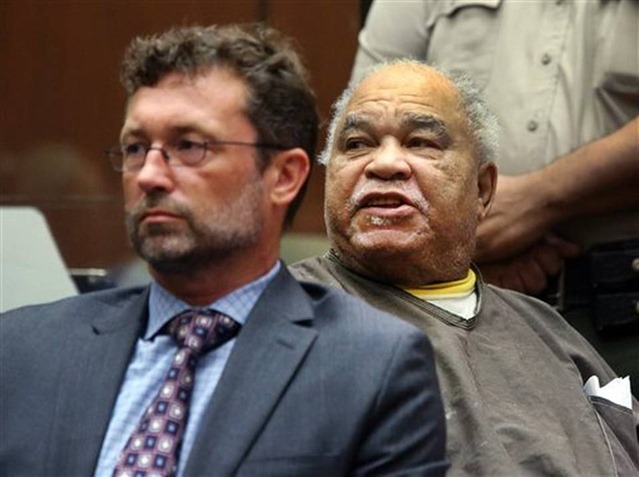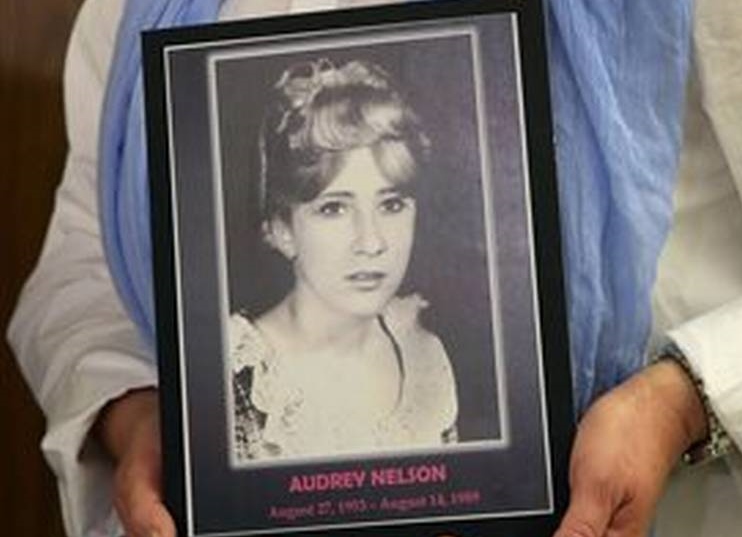Miami Herald
September 29, 2014
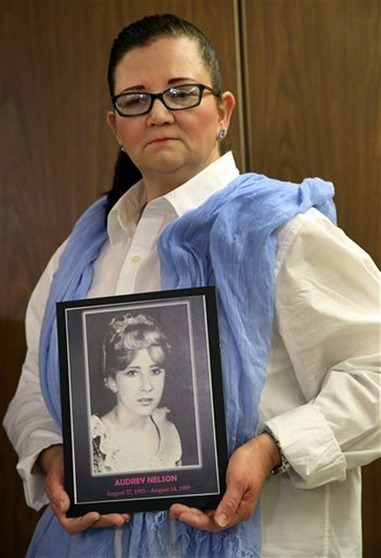
As Audrey Nelson clawed for her life while being beaten and strangled 25 years ago, she grasped something that finally brought justice for her family Thursday and helped send a serial killer to prison.
DNA found under Nelson’s fingernails eventually led to Samuel Little, who was sentenced to three consecutive terms of life in prison for the murder of Nelson and two other women during the crack cocaine scourge, when several serial killers preyed on drug users and prostitutes in South Los Angeles.
Over the years, Little built a lengthy rap sheet across the country and is also being eyed in dozens of other killings nationwide.
Sherri Ann Nelson said after sentencing that she took some comfort knowing that her sister, who had survived horrific burns in a New York City apartment fire years before her death, had grabbed a key piece of evidence during her final struggle.
“I cannot imagine the horror that went through my sister’s mind when the defendant was choking her to death,” she told the court. “Audrey was a rebel, a free spirit and a fighter. I can’t believe that after all she survived, he was able to take her life.”
Little, 74, who attended the hearing in a wheelchair, interrupted family members of one victim to say he didn’t kill anyone. He also read a statement saying he had been convicted on lies from witnesses coached by liars and he hoped to get a new trial.
“The obsession with labeling me a serial killer without any proof,” he said, “was a legal lynching.”
Little, a former boxer, lured his victims with dope, beat and strangled them for sexual pleasure, then dumped their half-naked bodies in garbage, prosecutors said.
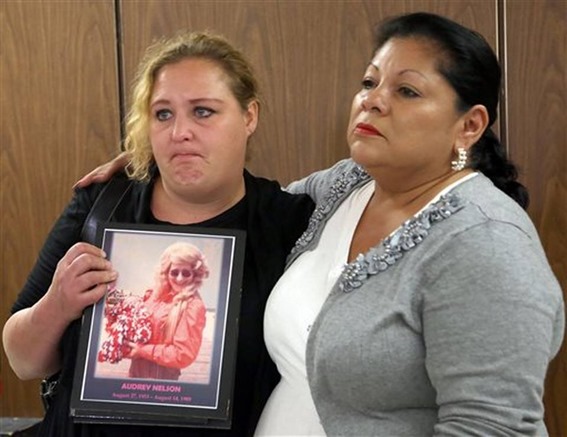
He was convicted in the murders of Nelson, 35, and Guadalupe Apodaca, 46, in 1989; and Carol Alford, 41, in 1987.
Deputy District Attorney Beth Silverman said Little is likely responsible for at least 40 killings nationwide since 1980.
He was arrested in 24 states over 56 years but served less than 10 years in prison for crimes ranging from shoplifting to armed robbery to rape.
Little was acquitted of murder in a Forest Grove, Florida, killing in 1984. A grand jury decided against indicting him in a 1982 Pascagoula, Mississippi, killing.
Both those killings had similarities with the Los Angeles cases, and authorities in those states and Kentucky, Missouri, Louisiana, Texas, Georgia and Ohio began looking at old crimes to see if Little might be connected to unsolved crimes.
Detective Mitzi Roberts, who investigated the Los Angeles case, said a new witness had come forward in the Mississippi killing since the trial, and Florida police have re-opened four cases.
Three women, including two from Mississippi, testified at Little’s trial in Los Angeles about surviving attacks years ago in which he beat and choked them.
Deputy Public Defender Michael Pentz argued at the trial that Little’s previous record had nothing to do with the Los Angeles killings. Pentz said Thursday he had filed a notice of appeal.
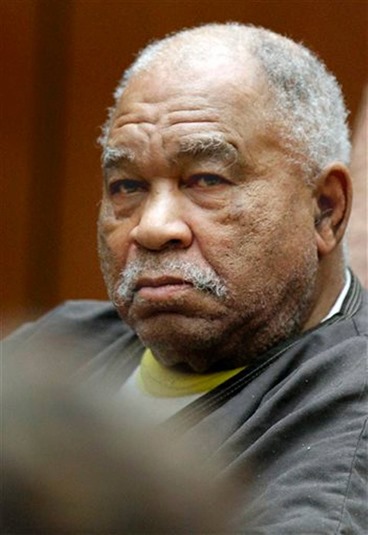
At one point Thursday, the defense lawyer told his client to shut up as Little exchanged expletives with the angry son of a victim.
“You took something very dear to me. You messed up big time,” said Tony Zambrano, the son of Apodaca. “You hurt my mom.”
“I didn’t do nothing to your mom,” Little shot back.
Roberts smiled with disgust as Little interrupted.
